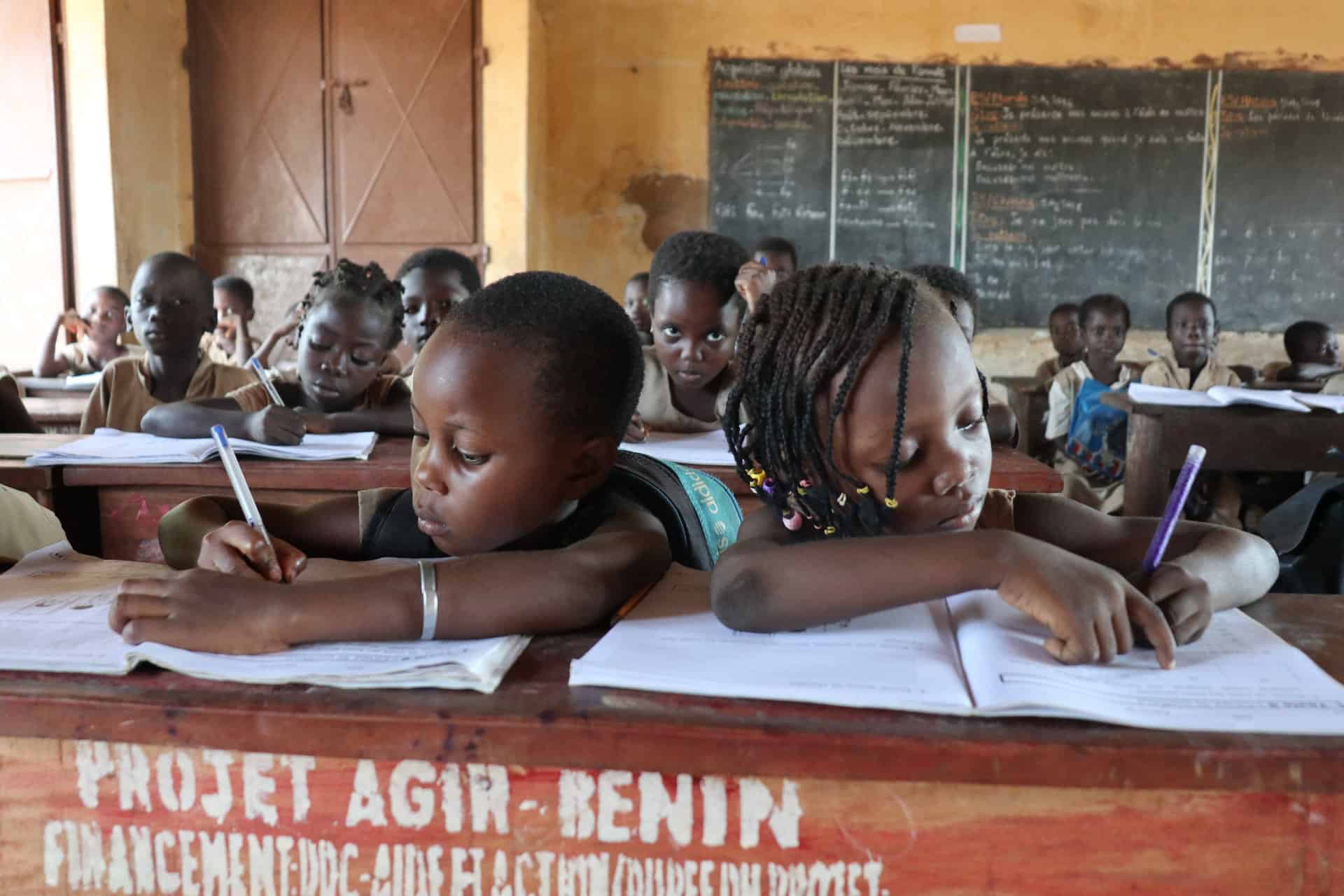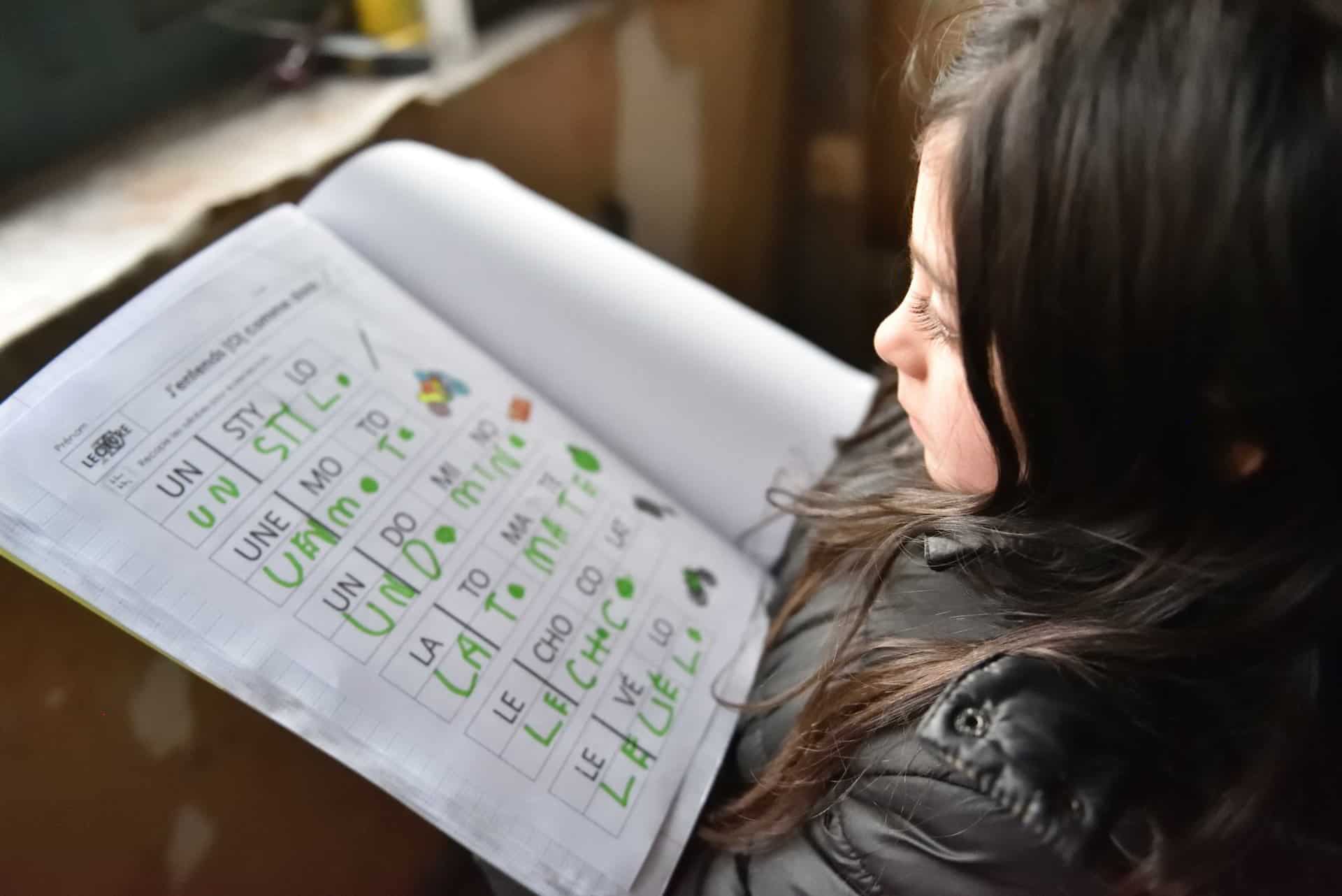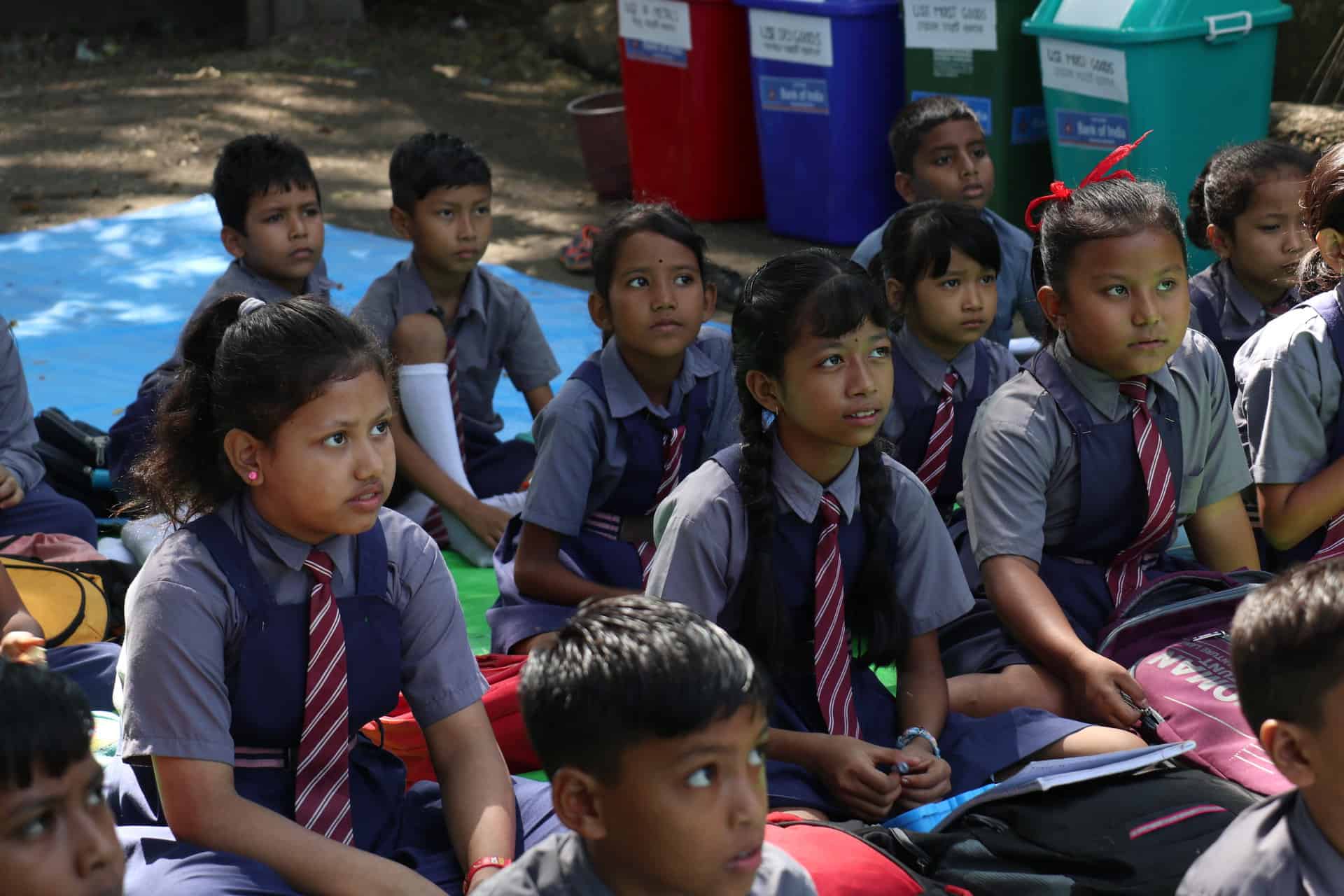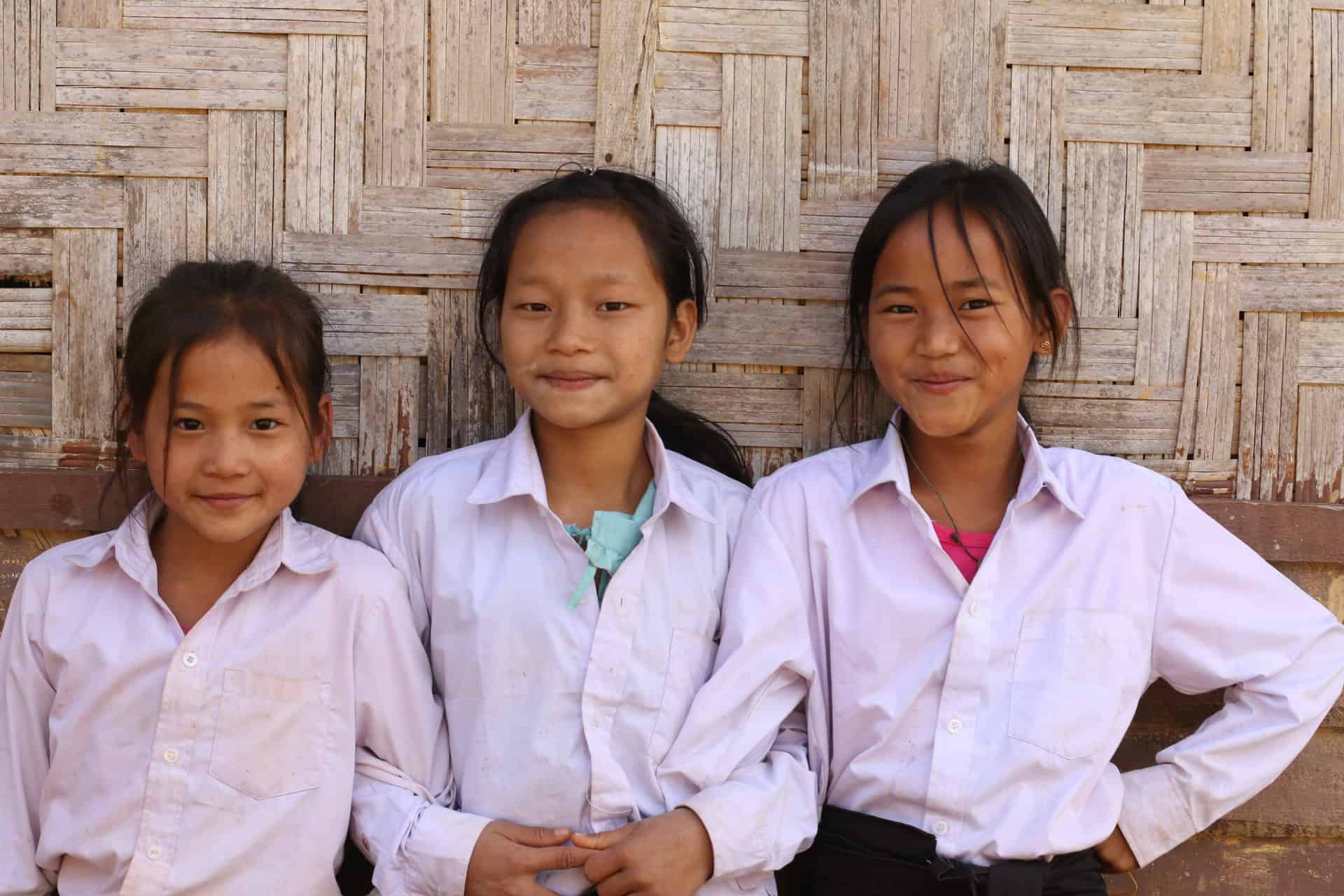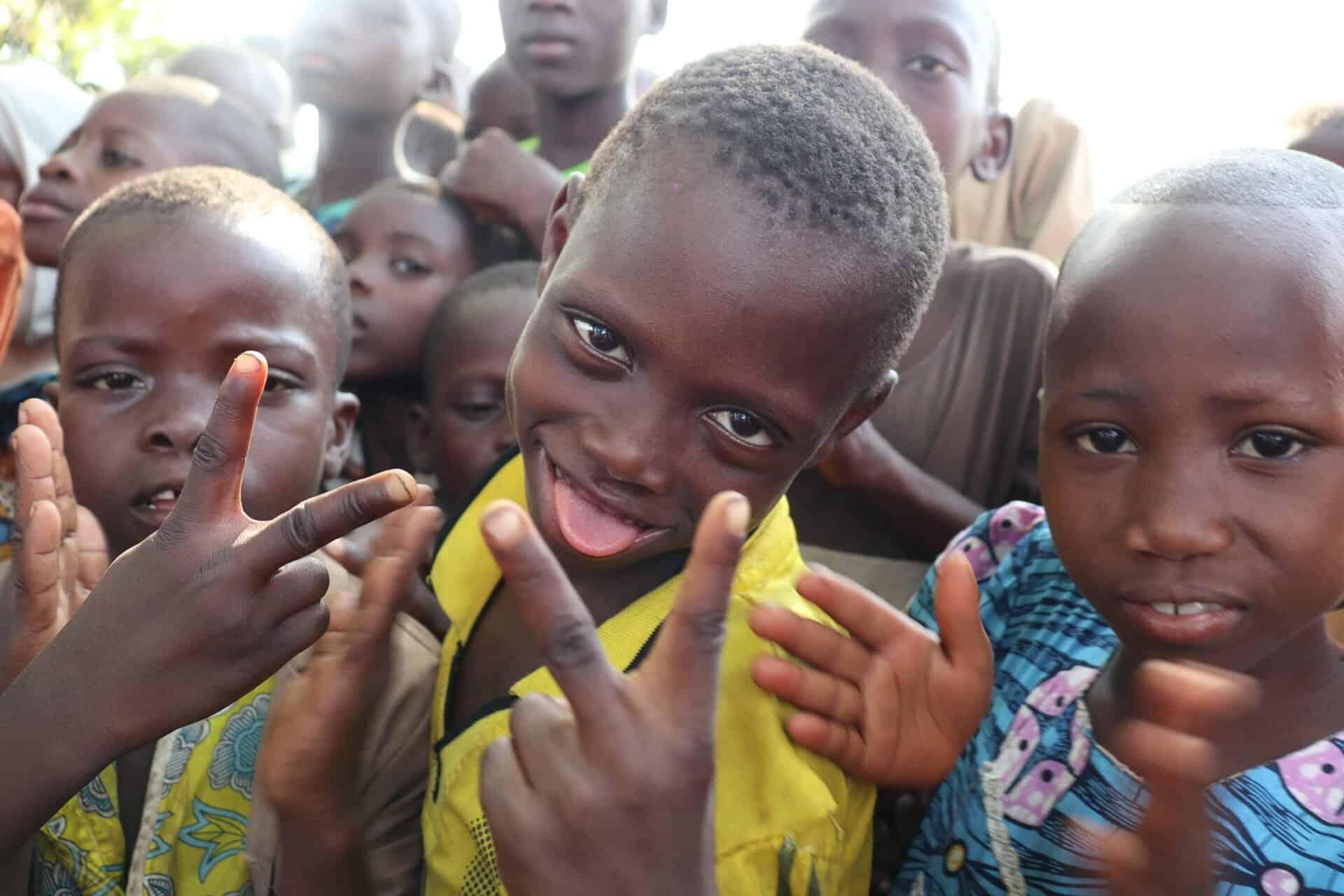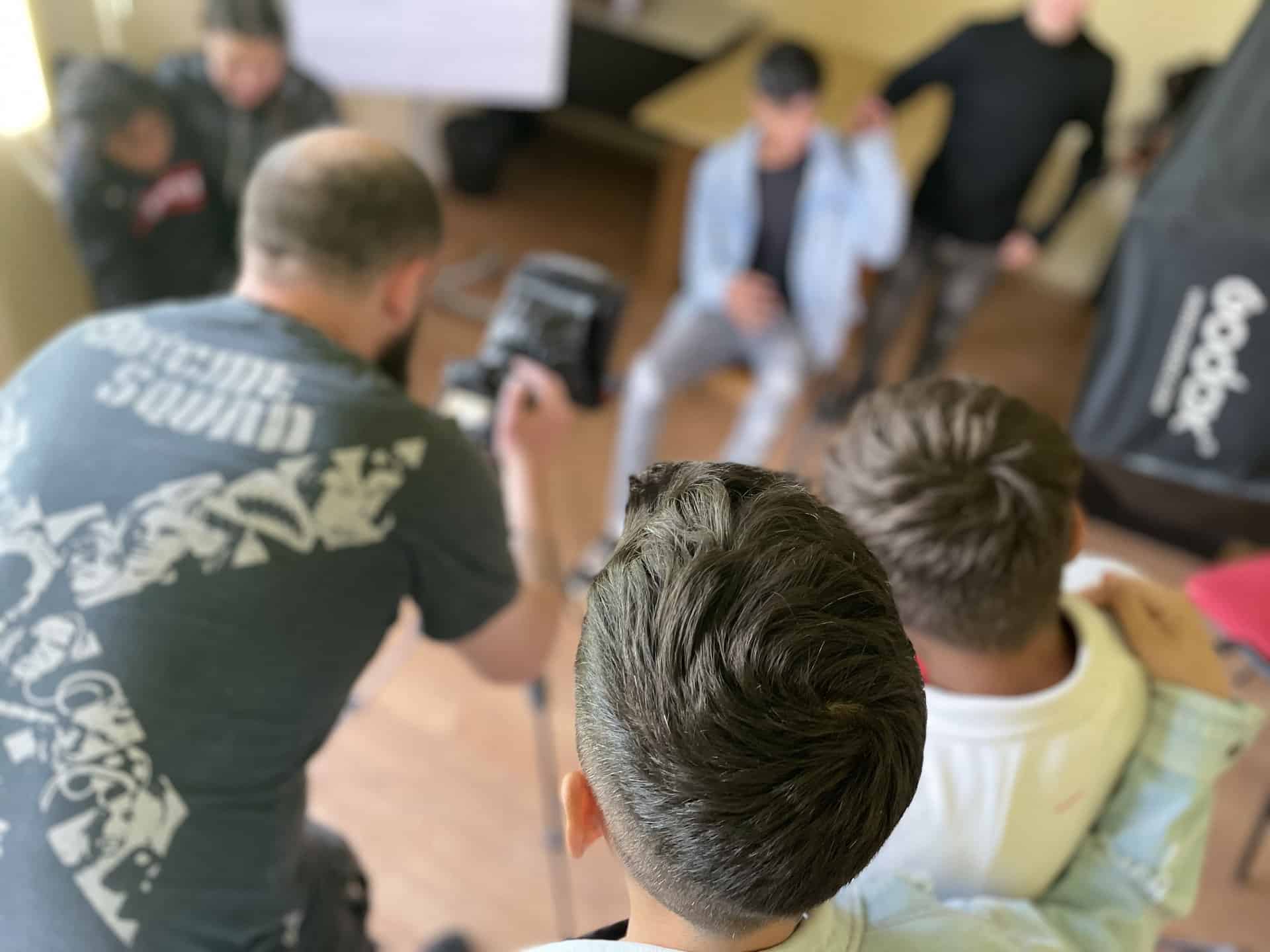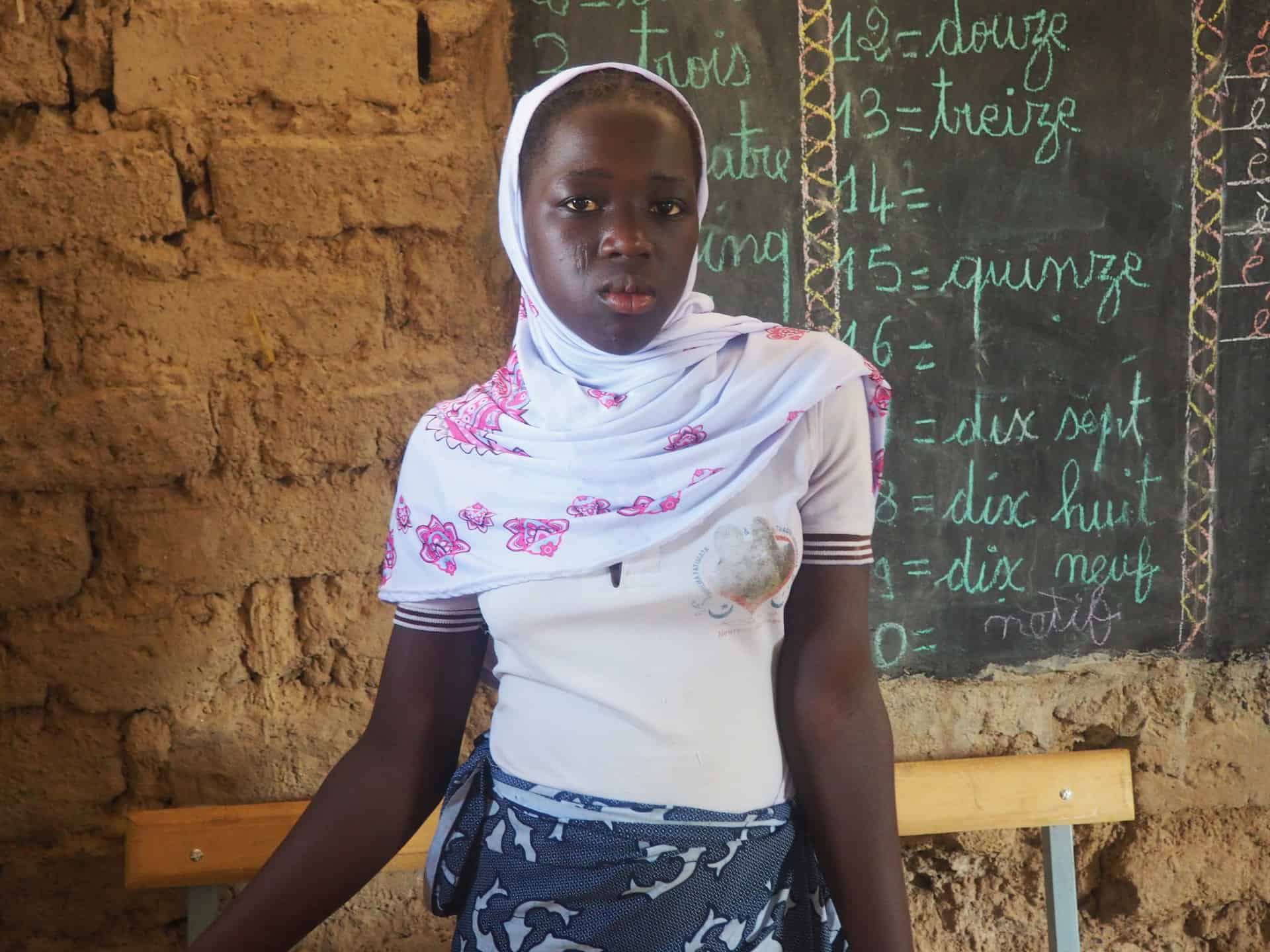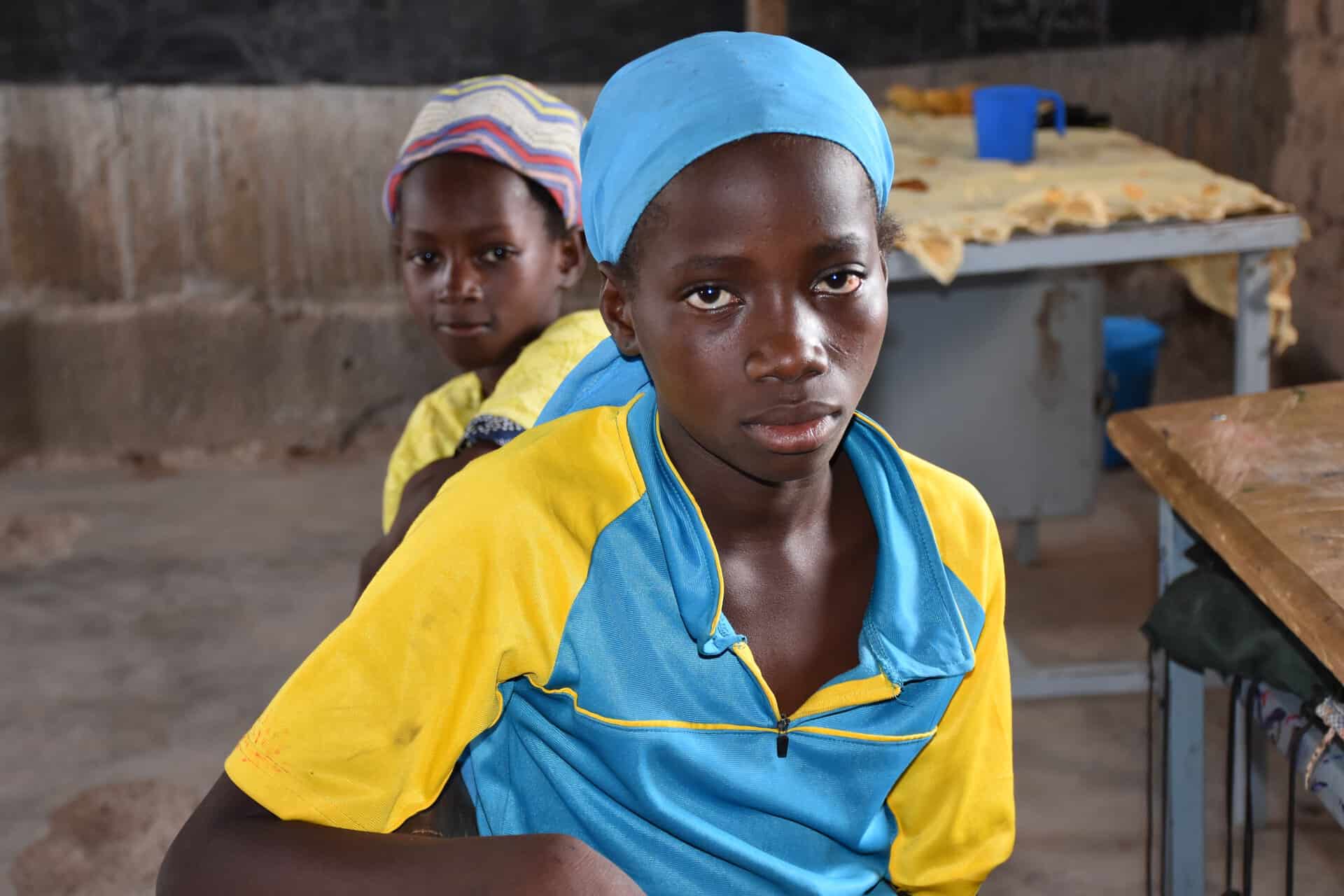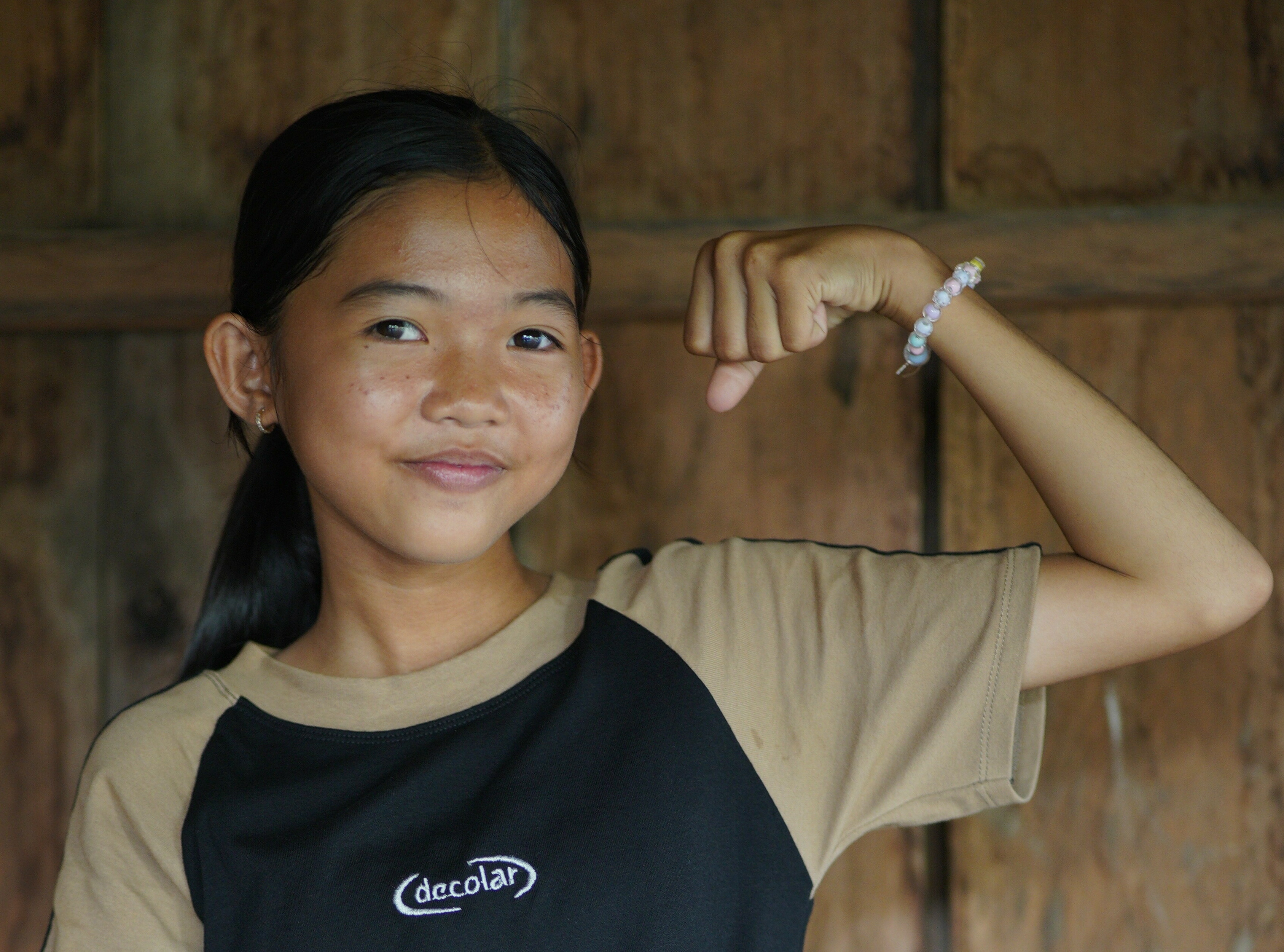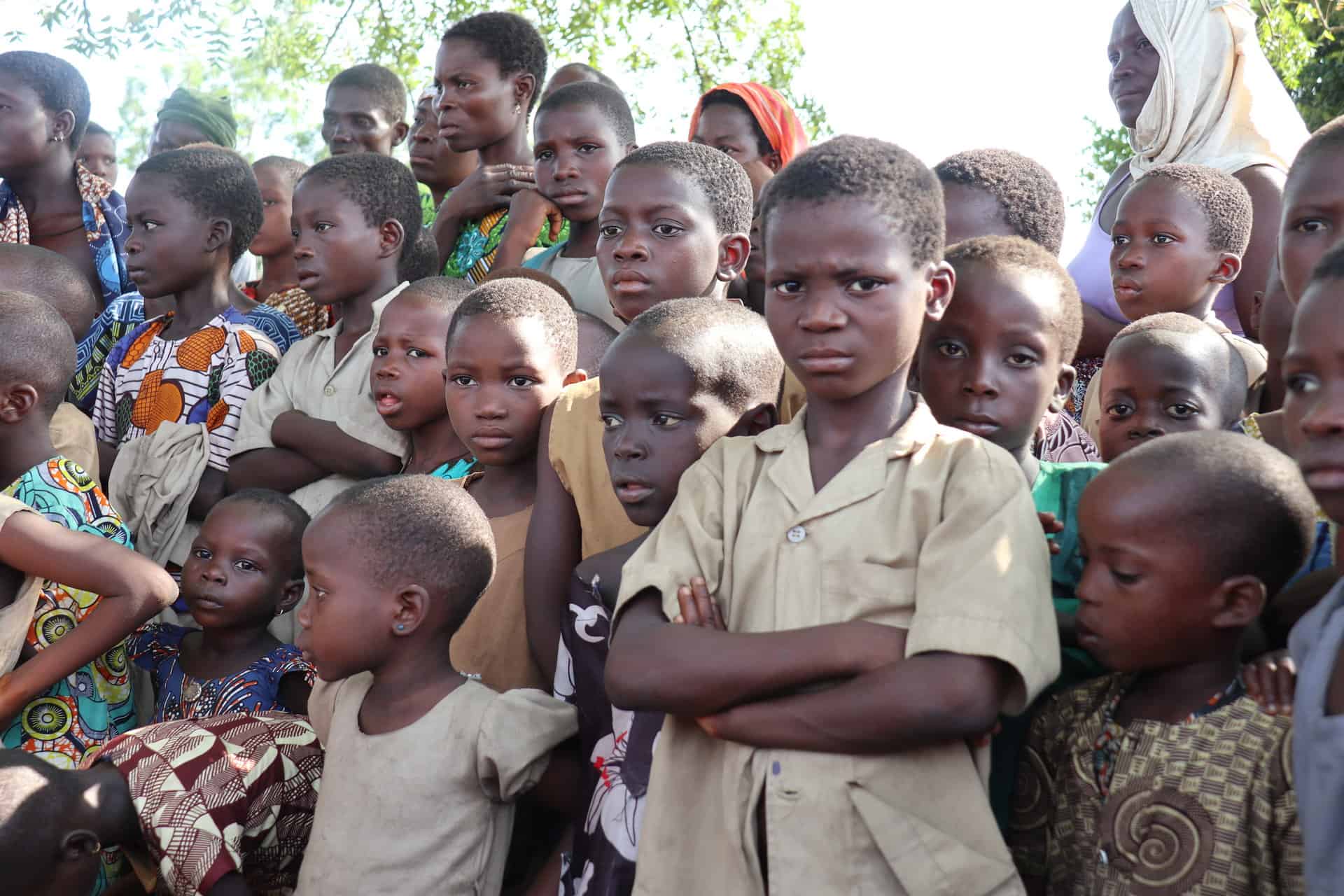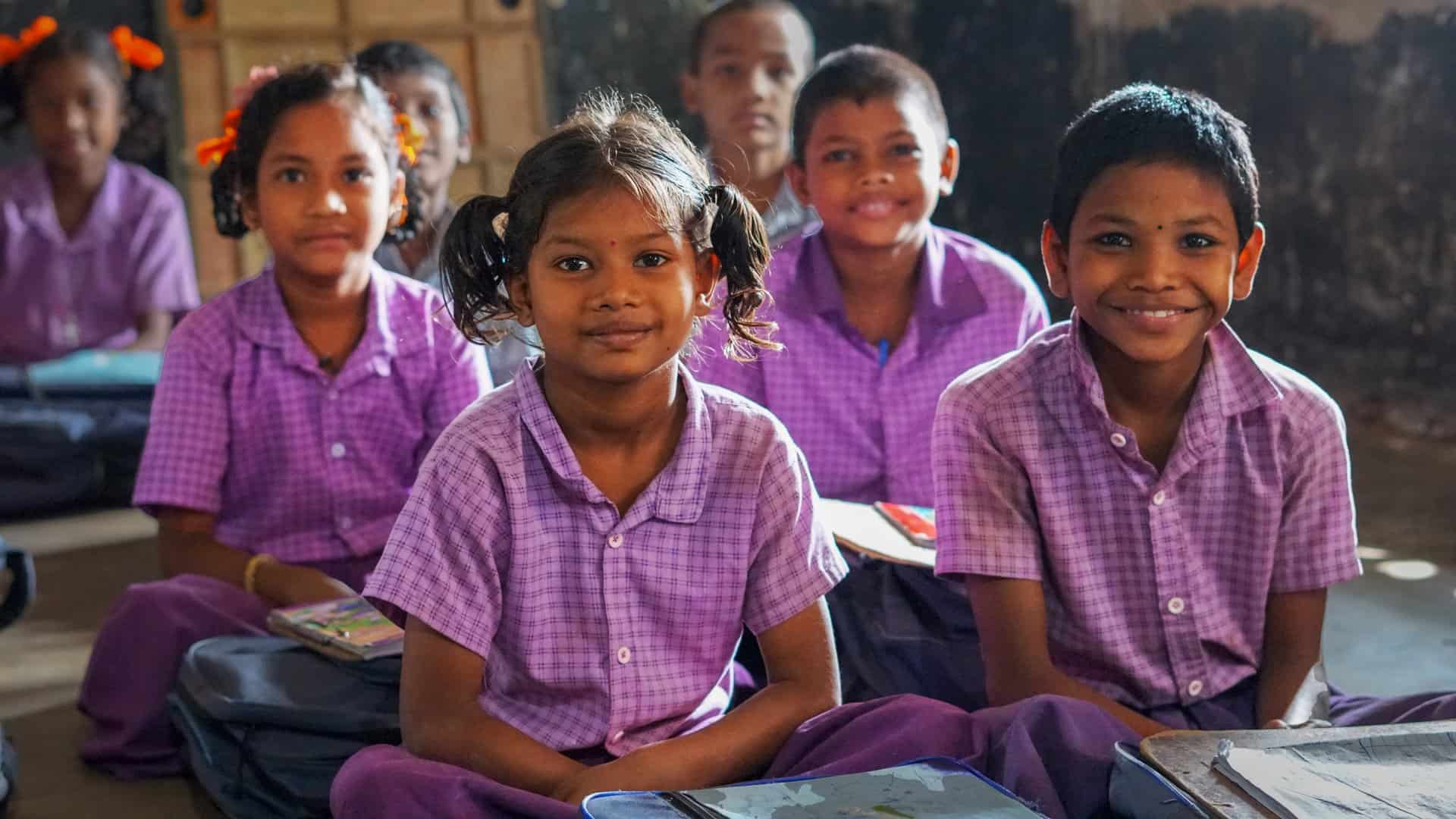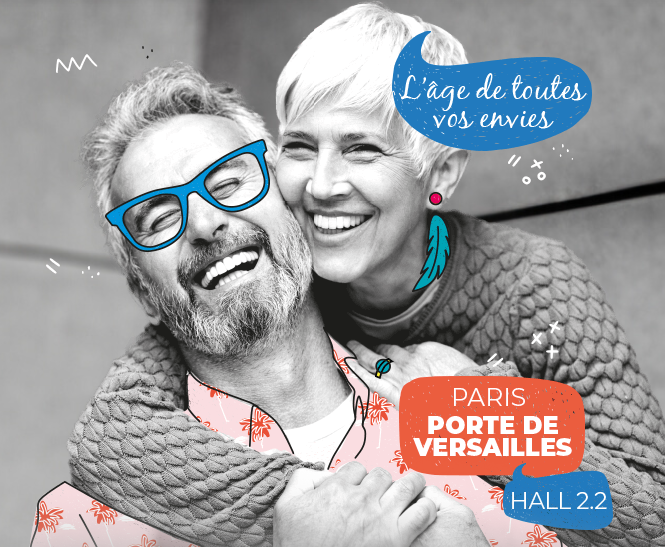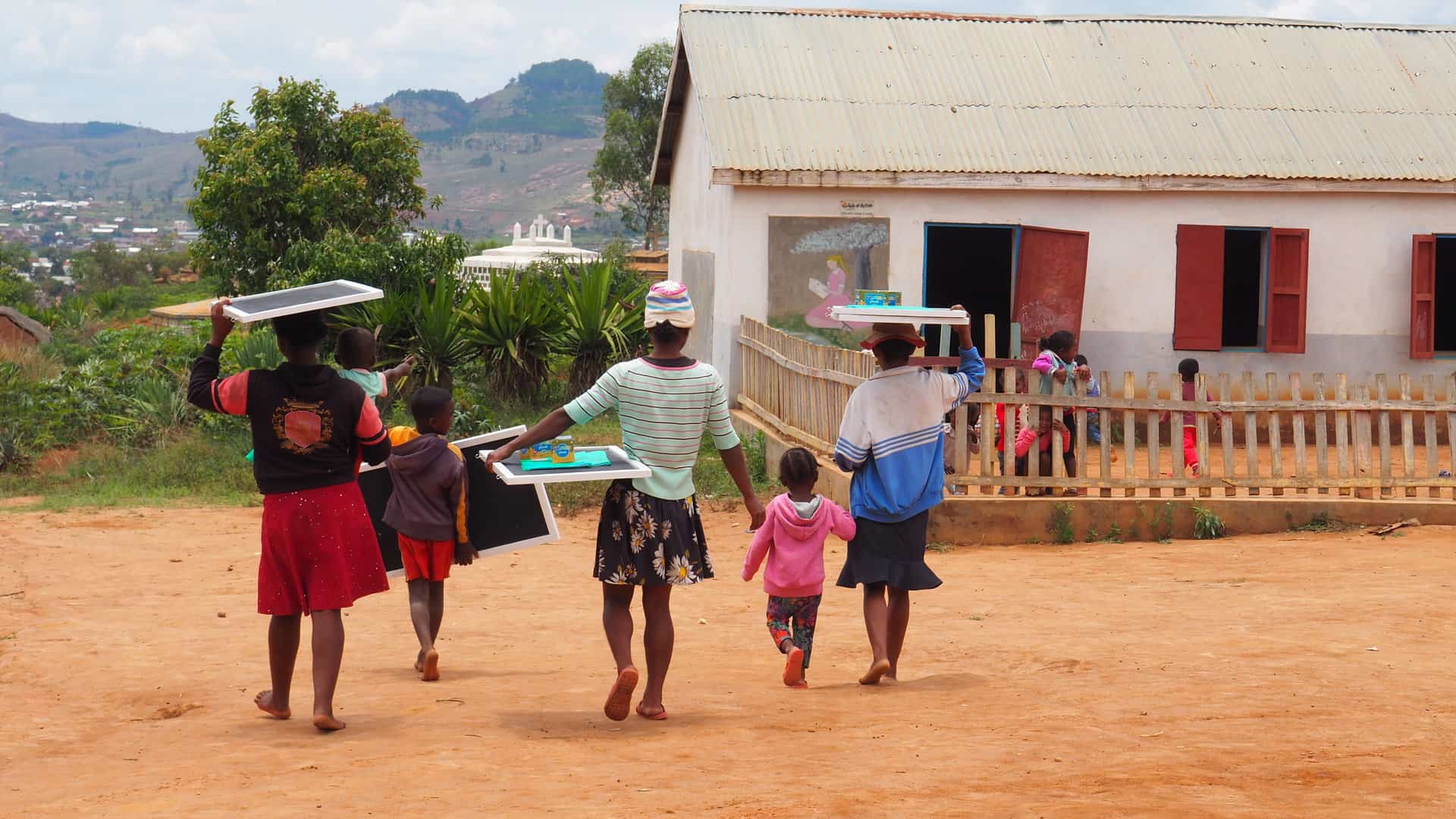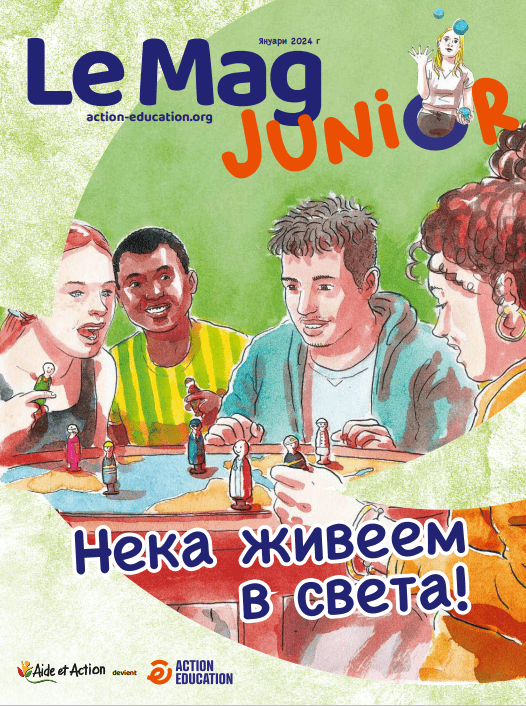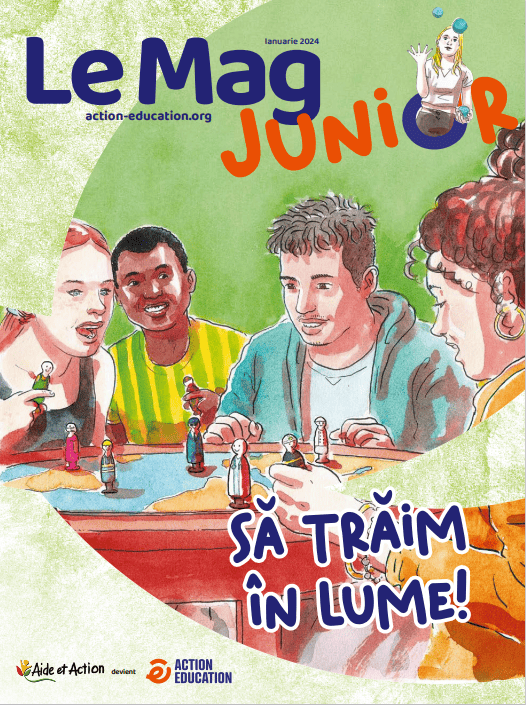Improving educational provision for disabled and/or vulnerable children in Benin
In Benin, at the educational level, the quality of education and the improvement of access for all levels of education are the priorities of the government and its five-year term 2021 - 2026. At the level of secondary education and technical and vocational training, the National Strategy for Technical and Vocational Education and Training and a new institutional framework for the management of training establishments are being implemented.
To support this project :
Benin |2019 to 2023|Access and quality of education & Education for sustainable development, peace and global citizenship (including participatory local governance of education)
department of the Atlantic - 8 municipalities: Abomey-Calavi, Allada, Kpomassè, Ouidah, Sô-Ava, Toffo, Tori-Bossito and Zè
The aim of the project
Improve access to and retention in primary education for girls and boys aged 5 to 11, who are most at risk of dropping out, through the implementation of a package of adapted services; Improve school performance and its sustainability in the project's intervention areas; Strengthen the synergy of actors in the local dynamics of education governance.
What we did
Key figures
- 154 orphans and vulnerable children cared for, including 94 girls
- 40,000 children received school supply kits
- 1,970 children have been issued with secure birth certificates
- 4,362 pupils, including 2,089 girls, have access to support classes
- 80 Cercles de Réflexion des Femmes / Associations des Mères Educatrices supported in updating their action plans
- Organisation of 80 community forums on girls' education

